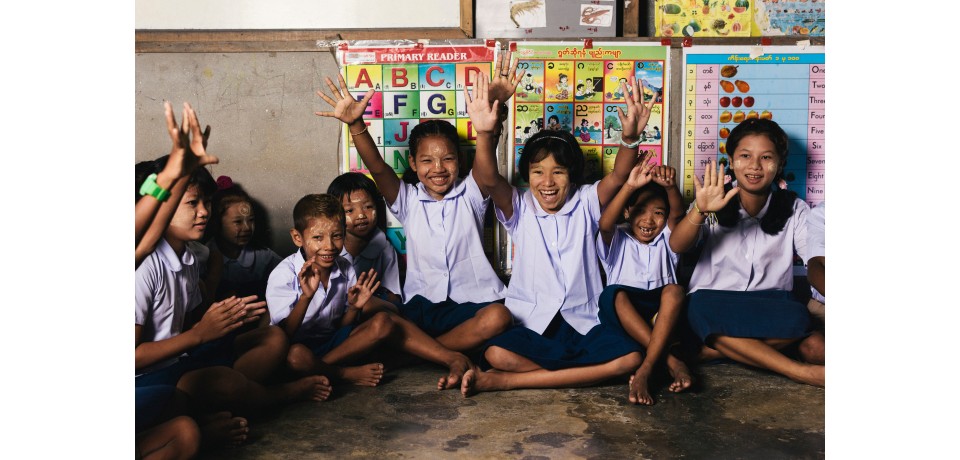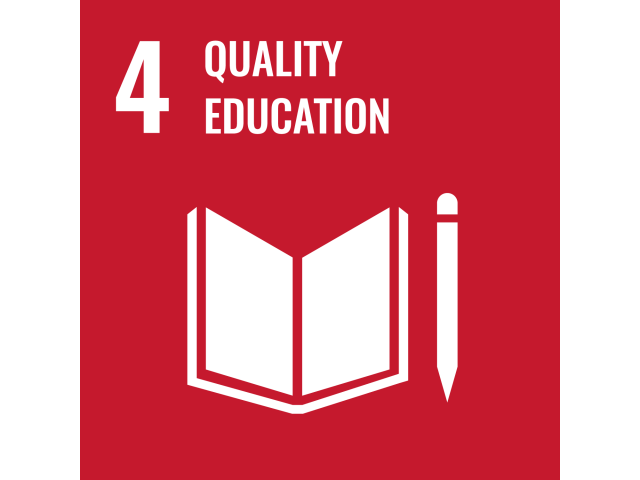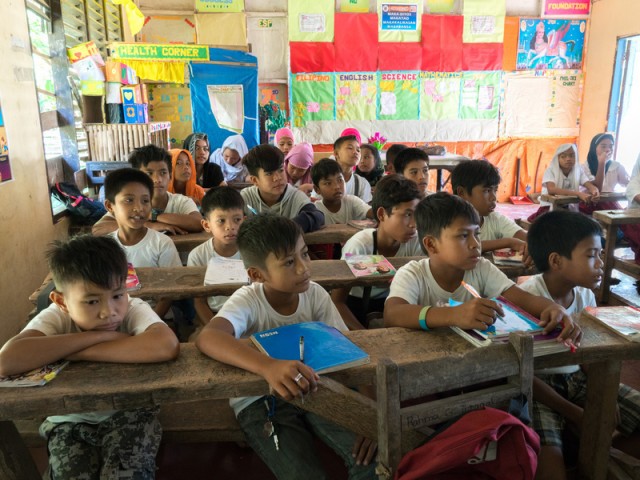Migration and Education: Leveraging the Potential of Migration for a Better Tomorrow
Related Sustainable Development Goals and Global Compact for Migration Objectives
SDG 4 and the Human Right to Quality Education for All: An Agenda for Action
Education is a fundamental human right and is indispensable for the achievement of sustainable development and addressing inequalities. Education is not only essential for all individuals to maximize their capabilities and livelihood opportunities, but it is also important for building peaceful and prosperous societies.
At this year's Global Conference on the Human Right to Quality Education, Cécile Riallant, Head of the International Organization for Migration (IOM)'s Sustainable Development Unit presented a keynote speech about why - and how - we should ensure people on the move have access to education, wherever they reside. Watch her full speech:
Migration – when well-managed – can be a benefit rather than a hindrance to quality education, which has ripple effects on all areas of our societies and economies.
- Cécile Riallant, Head of the International Organization for Migration (IOM)'s Sustainable Development Unit
Today, education is at the heart of the Sustainable Development Goals – our joint blueprint for a better future. Yet, around 260 million children, adolescents and youth are out of school, most of them girls. This is a violation of their human right to education and a huge hindrance for achieving the promise of sustainable development around the world. Migrant children and learners of various ages are often those who remain excluded from education systems or underserved, such as the 700,000 Rohingya children being denied access to education in 8 countries in Asia.
Education is the foundation for expanding opportunities, transforming economies, fighting intolerance, protecting our planet and achieving the Sustainable Development Goals. We must seize all opportunities to make sure that no one is left behind and leverage the potential of migration for a better tomorrow.
How can quality education be a catalyst for significant economic and social benefits for migrants, their families and countries?
- Education can help improve social cohesion by facilitating migrants’ socioeconomic inclusion and addressing different drivers of conflict or displacement.
- Education is also positively associated with positive attitudes towards migration: people with tertiary education are more likely to support immigration than those with primary education or less.
- Moreover, access to education and lifelong learning opportunities can help to ensure that migrants have needed skills to be successful in the labour market and adapt to the changing nature of employment opportunities, addressing unemployment and labor shortages.
- Migrant workers, such as teachers, can also help to improve education systems both in communities of origin and destination.
- Families use remittances to pay for education: remittance-receiving households consistently spend more on education than those not receiving remittances (by 35% in 18 African and Asian countries and by 50% across Latin America).
The Global Conference on the Human Right to Quality Education was organized by the World University Service (WUS) from 21-23 September 2021. It aimed to create a platform to discuss with experts on the issues of education for sustainable development, academic freedom and civic space & access to education for migrants, and take stock of our progress toward SDG 4. Read here for more.


